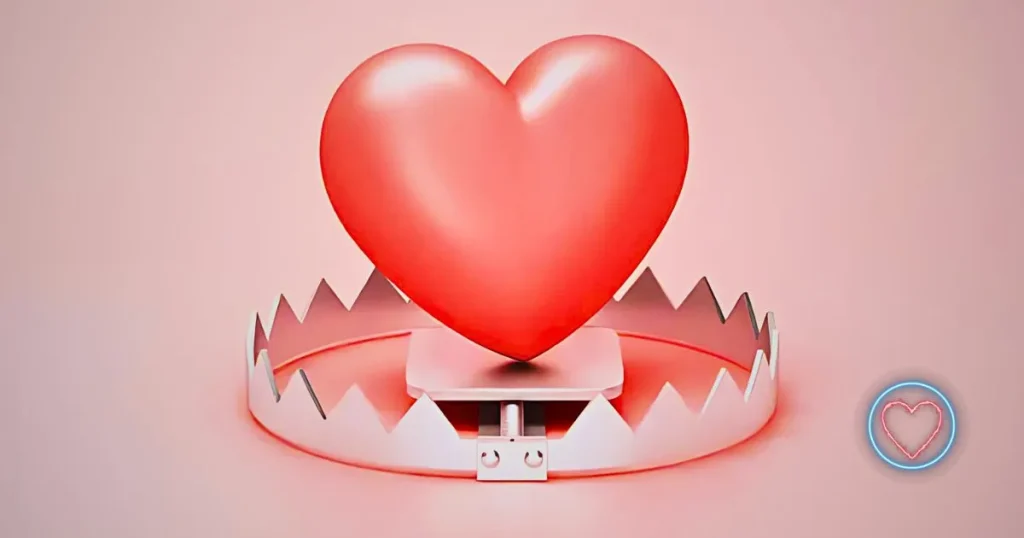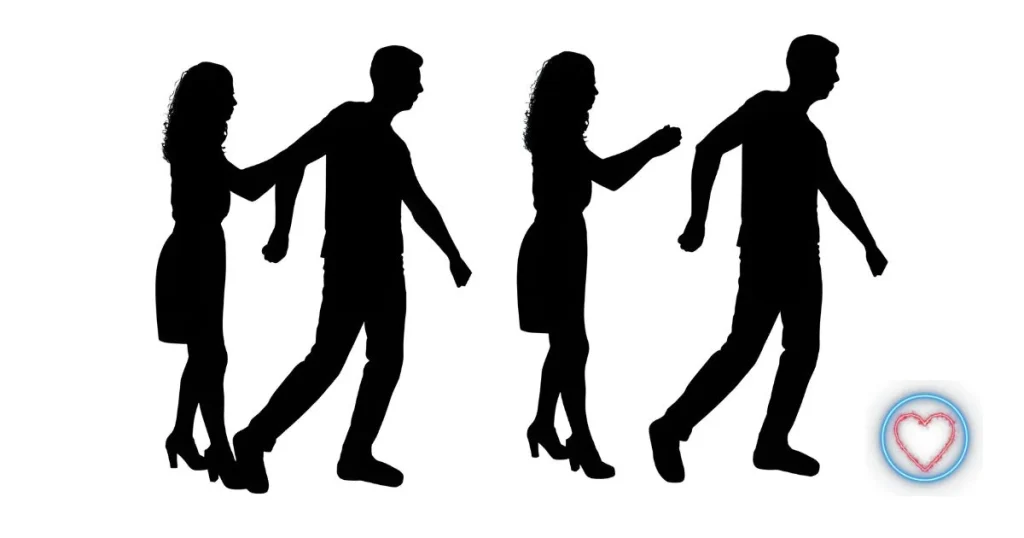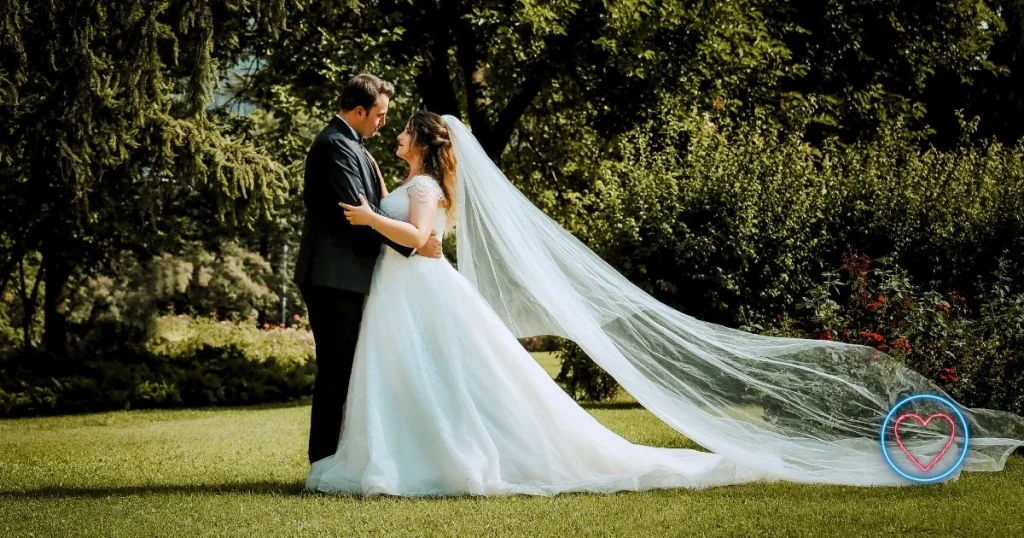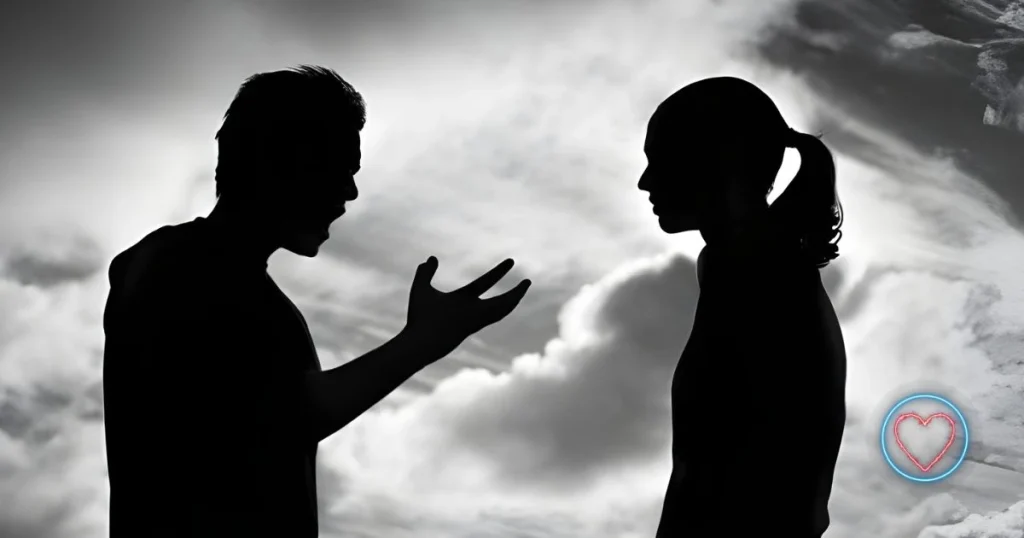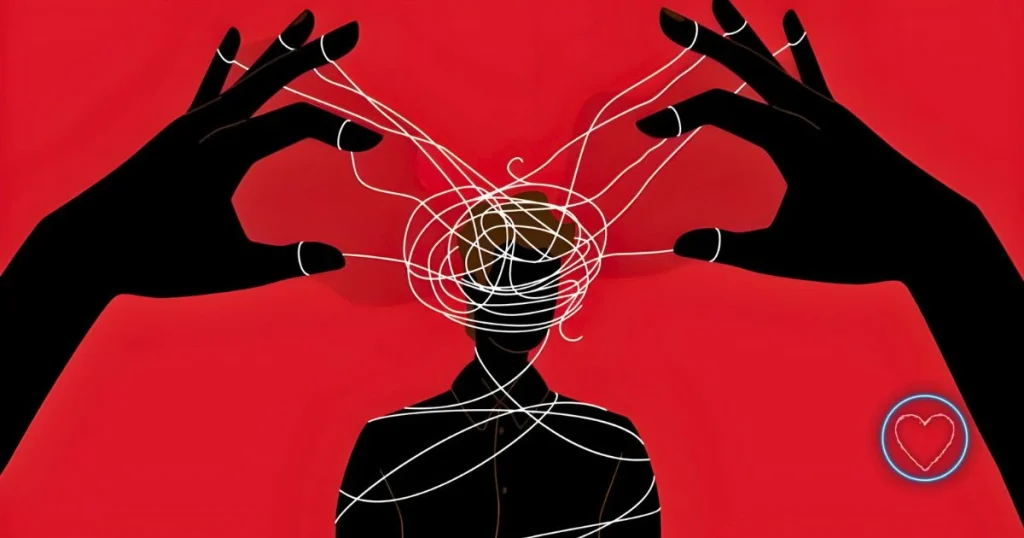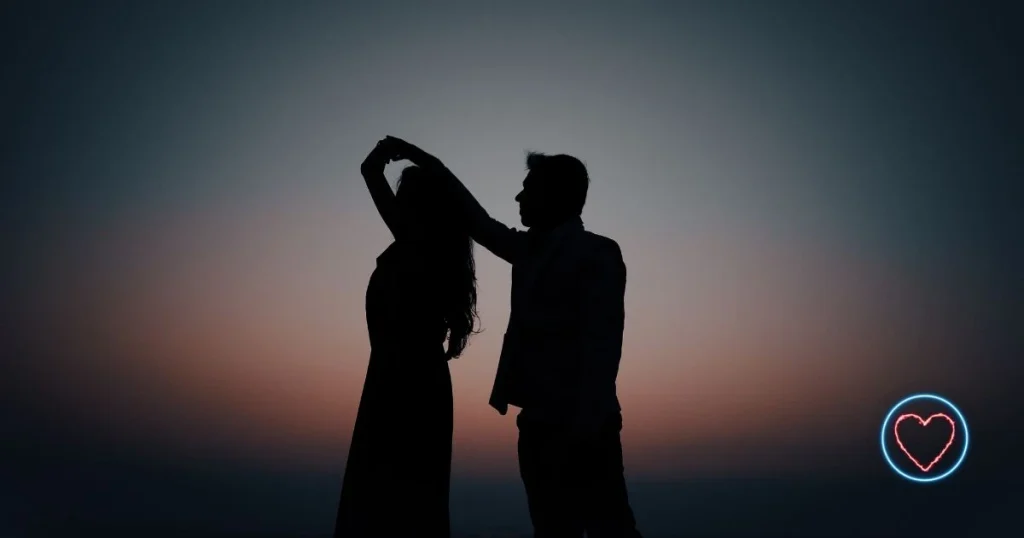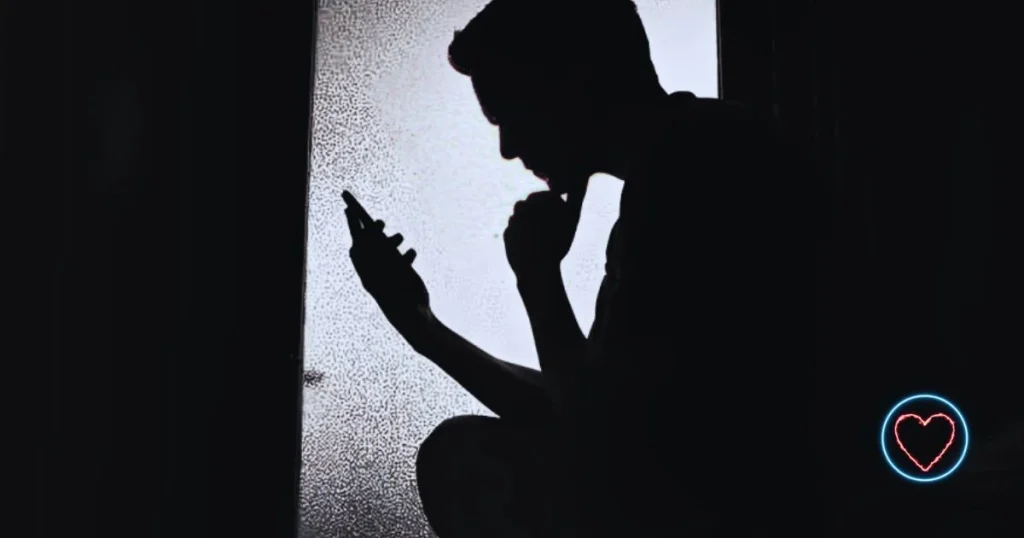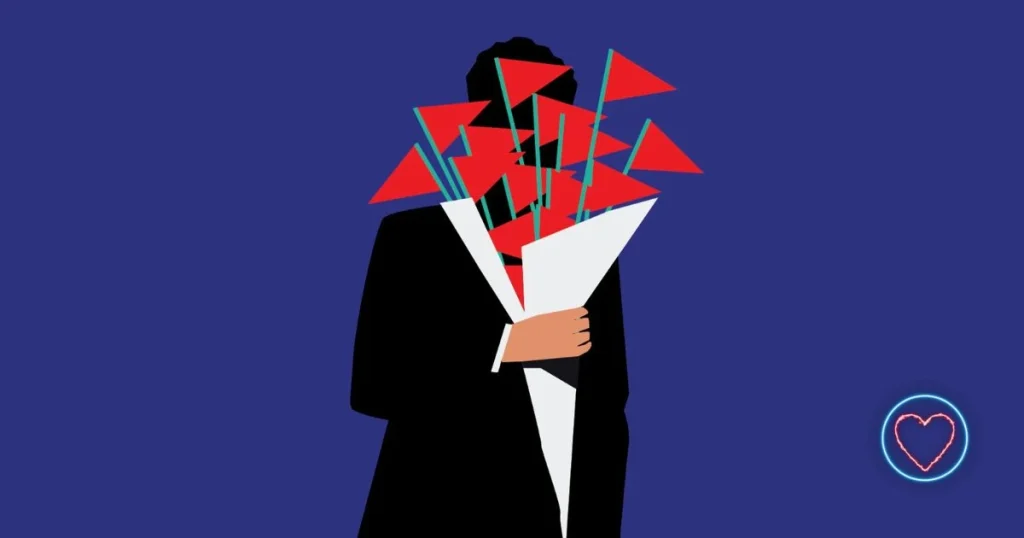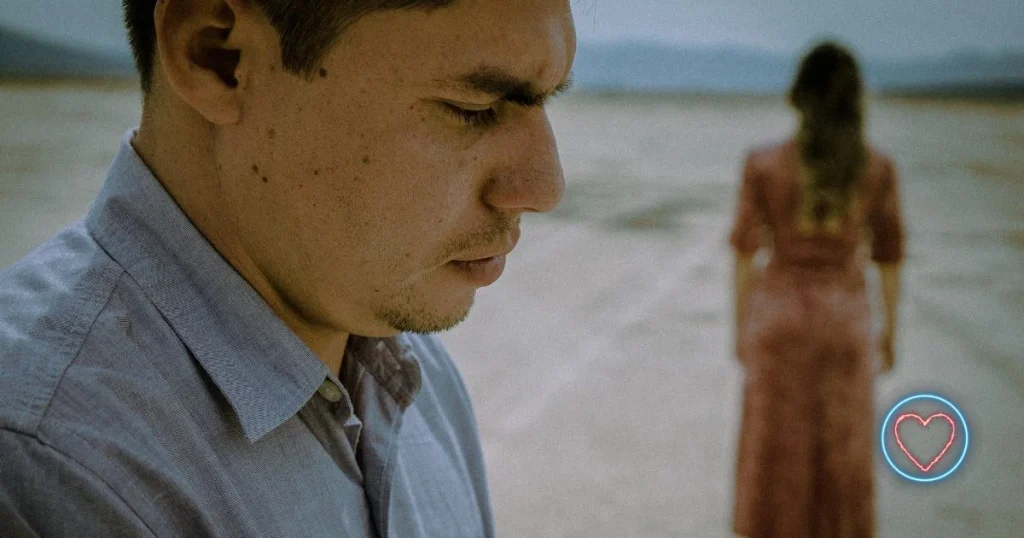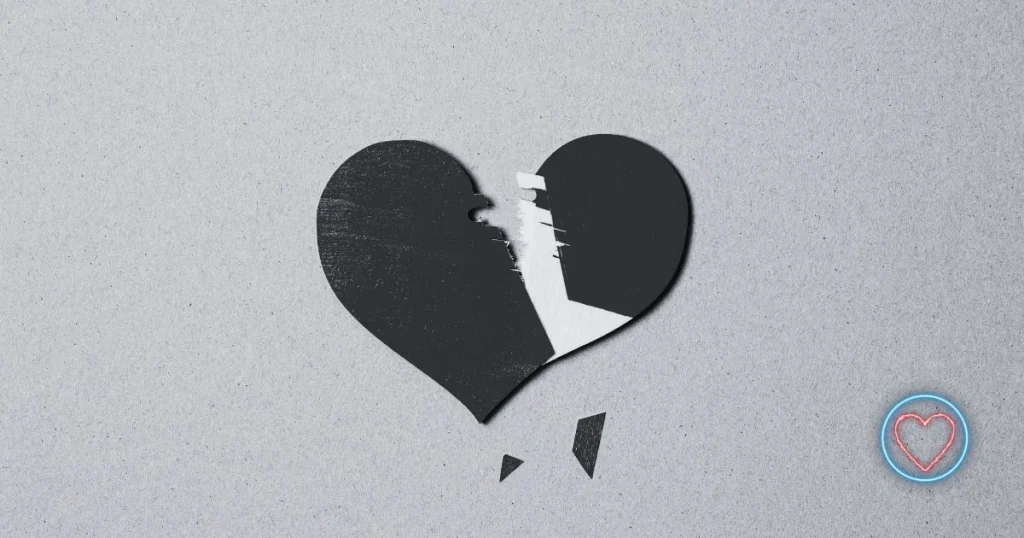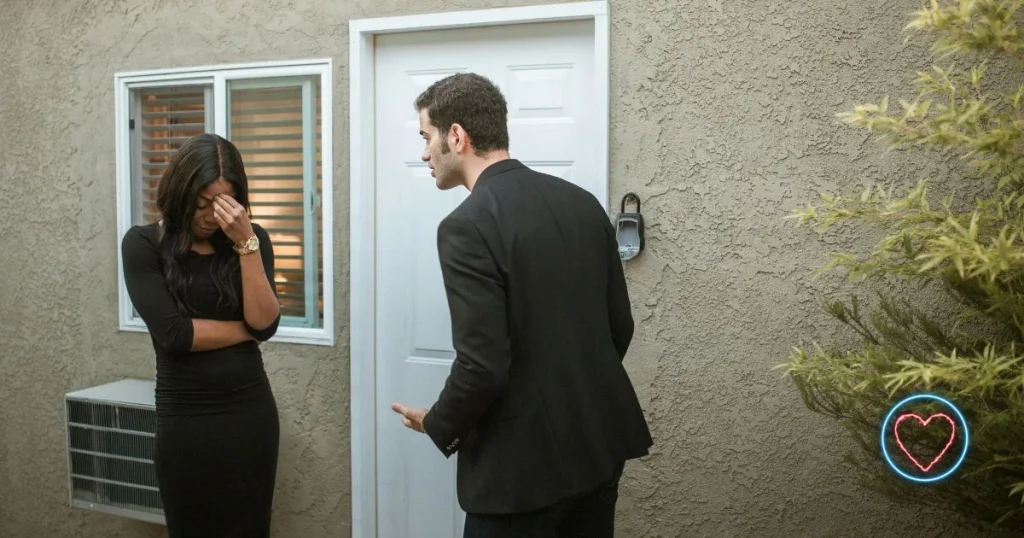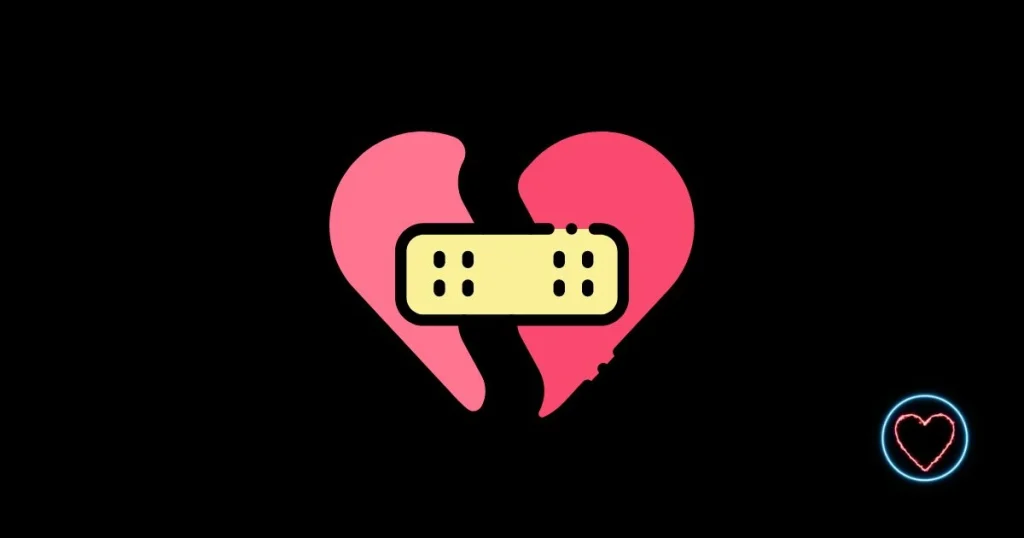Love should feel like freedom. Yet sometimes, it becomes a slow descent into confusion, guilt, and isolation. What starts as passion transforms into possession. The smiles look real, the compliments sound sincere, but beneath it all—something feels wrong.
When charm becomes control and affection turns into manipulation, a romantic connection turns dangerous. Below are 15 warning signs that reveal when the love story isn’t love at all—it’s a trap hiding in plain sight.
1. Everything Moves Too Fast—But Feels Magical
At first, the whirlwind romance feels exhilarating. There’s constant messaging, late-night calls, and promises of forever. But there’s barely time to breathe. What seems romantic is often a tactic. The goal is to build emotional dependence before logic can catch up.
2. Boundaries Are Treated as Personal Offenses
When one says “no,” the response turns sour. A request for space becomes an accusation. Boundaries aren’t respected; they’re challenged. This subtle erosion creates guilt around basic needs, making it harder to stand firm over time.
3. Loyalty Tests Become a Regular Game
Trust should come naturally. Instead, it’s tested again and again. Whether it’s questioning friendships, demanding passwords, or forcing difficult choices, loyalty becomes a weapon. These tests aren’t about love—they’re about control.
4. Isolation Happens Slowly and Quietly
Suddenly, the outside world fades. Friends drift away. Family becomes distant. Every plan begins to revolve around one person. Although it appears unintentional, this isolation makes it easier to manipulate without interference.
5. Kind Gestures Always Come With Strings
Affection is inconsistent. One day it’s flowers and sweet words; the next, it’s punishment for not being grateful enough. Every nice thing becomes a transaction. A trap thrives when love is earned, not given freely.
6. Apologies Are Rare; Blame Is Constant
Arguments end in blame—not understanding. Even when the mistake is clear, responsibility is deflected. The narrative always shifts to guilt. Over time, one begins to question personal worth instead of calling out the toxic pattern.
7. Intuition Is Dismissed Over and Over
A sinking feeling in the gut is explained away. Doubts are met with “you’re too sensitive” or “stop overthinking.” The mind is rewired to ignore itself. Eventually, even obvious red flags become easy to justify.
8. Affection Turns On and Off Like a Switch
One day, everything is perfect—texts are sweet, plans are exciting. The next, complete silence. This push-pull dynamic creates emotional addiction. The good moments become so rare that surviving the bad ones feels necessary.
9. Independence Is Viewed as Rebellion
Any attempt to reclaim space sparks accusations. Going out alone, enjoying personal hobbies, or even voicing opinions creates tension. Instead of embracing individuality, the relationship punishes it. The message becomes clear: “be smaller to keep peace.”
10. Emotional Safety No Longer Exists
Love should feel safe. Instead, it feels like walking through a minefield. Every conversation requires caution. Words are filtered. Reactions are anticipated. Emotional honesty disappears in favor of survival.
11. Everything Hurtful Has a Justification
Cruel words are brushed off as “just being honest.” Neglect is excused as stress. Jealousy becomes proof of passion. Over time, excuses pile up, each one built to protect the image, not the heart.
12. Double Standards Rule the Relationship
Trust is demanded, yet not reciprocated. Privacy is invaded, but personal secrets stay locked. One partner obeys, the other commands. Equality disappears. Love cannot grow in the shadow of hypocrisy.
13. The Relationship Exists More Online Than in Real Life
Social media tells one story—filtered, perfect, admired. Behind the screen, however, connection feels absent. There’s more love in the captions than in the conversations. When perception replaces reality, something’s broken.
14. Escape Feels Like Betrayal
Even after realizing the truth, leaving feels impossible. Guilt, fear, and nostalgia intertwine. What began as attachment now feels like a cage. The idea of freedom starts to feel selfish. That’s how the trap works—by making survival look like betrayal.
15. The Person in the Mirror Seems Unrecognizable
Laughter feels rare. Dreams get smaller. Personality shrinks. The vibrant self from the beginning slowly fades. It becomes hard to recognize who once existed before the relationship began.
This Isn’t Love—This Is Emotional Captivity
Real love supports, uplifts, and expands. A trap, by contrast, restricts and confuses. These relationships don’t always start with harm. In fact, they often begin with overwhelming charm. That’s what makes the shift so subtle—and so effective.
One moment, everything feels perfect. The next, reality begins to bend. Promises are broken. Peace becomes conditional. Affection starts to look like bait. The longer it lasts, the harder it becomes to trust what’s real.
Escaping the Disguise
Recognizing a love trap doesn’t mean failure. It means waking up. Here are key steps toward reclaiming freedom:
- Talk to someone outside the situation. Validation from an outside perspective can break the illusion.
- Reflect through writing. Patterns become visible when documented clearly.
- Rebuild independence. Reconnect with old passions, friendships, and forgotten joy.
- Don’t wait for permission to leave. The right moment may never feel easy. Leaving toxic love requires courage, not comfort.
Truth Never Needs a Disguise
If something feels wrong, it probably is. True love doesn’t require silencing instincts or hiding behind excuses. It doesn’t play mind games or demand proof of worth. Instead, it creates space, respect, and mutual care.
When a love story becomes a trap, the hardest part isn’t leaving—it’s believing the heart deserves better. But it does. Every time.
